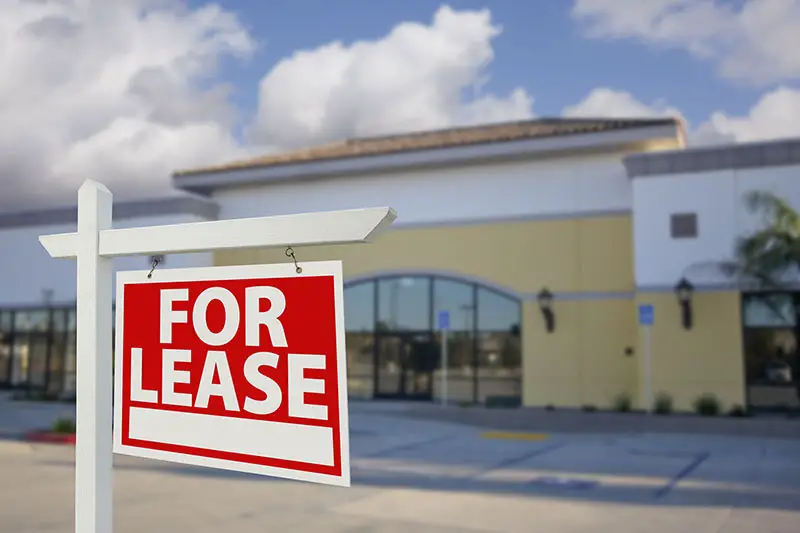Click here to get this post in PDF
Commercial property owners’ objective is to get tenants to rent out or lease one or more units in their building. This is a type of business deal that observes laws protecting both the landlord and the tenant. However, disputes can still happen, especially in the case of an involved party not fully understanding the terms and conditions of the contract. When this happens, it’s always wise to hire a reputed business lease dispute lawyer.
When parties are unsure of what rights and obligations they have, there are certain acts put in place with the intention of protecting both the lessor and the lessee.
What are the obligations of a tenant?
A tenant’s obligations should be stated clearly in the lease contract. Besides the stipulations stated in the signed agreement, the Property Law Act also requires tenants to do the following:
- Pay rent – Obviously, you are obligated to pay rent, but there are certain instances in which you won’t have to or won’t be expected to. This usually happens in the case of natural disasters occurring, where the landlord may choose to not collect rent, or at the very least, only ask for a portion of the usual amount. This is only until the premises are safe and back to its original condition.
- Keep the place in good condition – As a tenant inhabiting the property, it is your responsibility to see to it that the place remains in stellar condition at all times.
- Give a notice of ejection – In the event that the tenant receives an official court document, such as a writ of recovery or delivery of land, they must show the document to the landlord. Whether or not they have physical ownership of the document yet, it is the lessee’s duty to inform the landlord of its existence.
Performing a breach of any of these obligations or any of the ones stated in the lease document may result in a Notice to Remedy Breach of Covenant. This strongly indicates a possibility of the tenancy being terminated.
Keeping the property in good condition is well within the tenant’s list of responsibilities and obligations. But if the landlord requests for repairs to be done, and such repairs happen to be decorative, the lessee has the right to apply to the court to have their repair obligations be waived. The only exception to this is if there is an existing clause within the lease document that clearly states that the property be in a decorative state of repair.
Obligations Under the Retail Shop Leases Act
Retail shop owners and landlords are protected by their legal rights and are obligated to follow the regulations set by the Retail Shop Leases Act. The obligations that this act imposes are the following:
- Disclosure obligations – Both parties involved must give each other disclosure statements seven days (at most) before entering into a lease.
- Payment limitations – The tenant is only mandated to pay the following to the landlord:
- Monthly rent
- Landlord’s outgoings (including maintenance and repairs)
- Damages for breach
- Indemnity for loss suffered
- Interest on arrears
- Any reasonable legal expenses
- Sinking funds – Sinking funds are accounts that are created specifically to pay for costs of maintenance and repair. The landlord is allowed to keep only one sinking fund account that generates interest. In most cases, a sinking fund is required if the landlord asks for maintenance fees monthly.
- Marketing fees – If the agreement states that marketing fees (such as promotions and advertising) are included, it is the landlord’s responsibility to give a detailed plan of how these fees will be carried out.
- Payment of compensation – In certain cases, the landlord should pay the tenant, but only under these circumstances:
- They have caused a disturbance to the tenant’s business
- The landlord has performed an action that restricted customers from accessing the shop
- They have caused considerable disruption to the tenant’s trading
- Failing to rectify or address faults, breakdowns, or needed repairs in plant or machinery that is under the landlord’s care
- Failing to maintain the cleanliness and overall appearance of the premises
- Making false or misleading statements upon entering into a contract with the tenant
Disputes and Dispute Resolutions
When entering into a lease agreement, it is usually stated clearly how disputes should be resolved if ever the need for it arises. A commercial lease dispute lawyer is a professional that specialises in commercial lease disputes; they can help you in the process of filing a case (if necessary) and/or talking on your behalf during contract negotiations.
You may also like: When Do You Need To Use a Residential Lease Agreement?
Image source: Shutterstock.com

